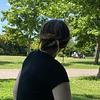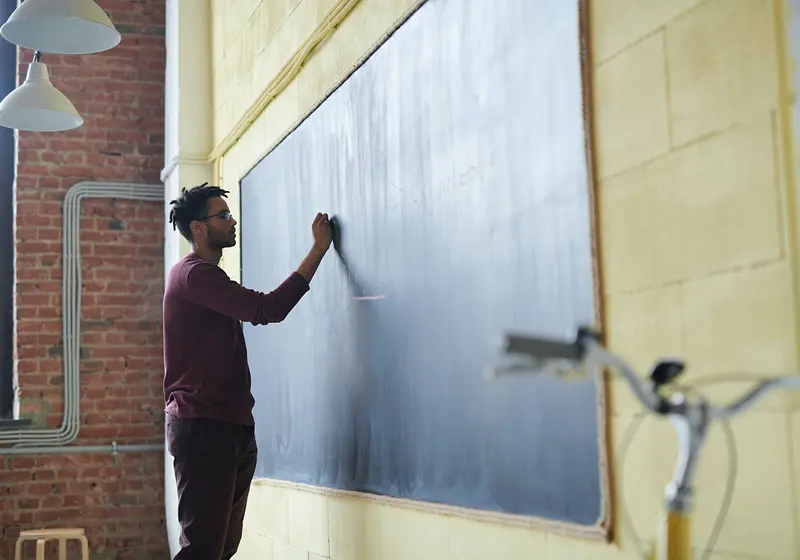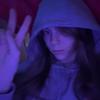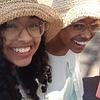When I arrived at university, I did so as someone who had grown up with very definite ideas about who she was. Exactly what I wanted to do and how that was going to work hadn't quite solidified yet, but I knew I had a gift for science, my main passion being maths. I thought it was beautiful - I've always loved solving problems, whatever form they take, and was that person who would request extra worksheets.
I was proud of the work I'd put in and ridiculously excited about my grade. So, arriving on campus, I seemed about as well set up for a maths degree as you can get.
Well, it turned out quite differently, as it always does. Much though I wished to follow the Tiger Woods/Einstein/Stephen Hawking trajectory of super-human talent propelling me towards an immaculate (and rather smug) destiny, it turns out the English education systems' attempts to box us into one-subject categories don't quite work for a lot of people.
As proud as I am of the satisfaction I got at a job well done and still get when figuring out a particular problem (side note: I was lucky enough to go to a university with a lot more flexibility than my first choice, so for those waiting on decisions: it really does tend to work out for the best), focussing all my energy on STEM and abandoning my love for the Humanities didn't work out how I had planned.
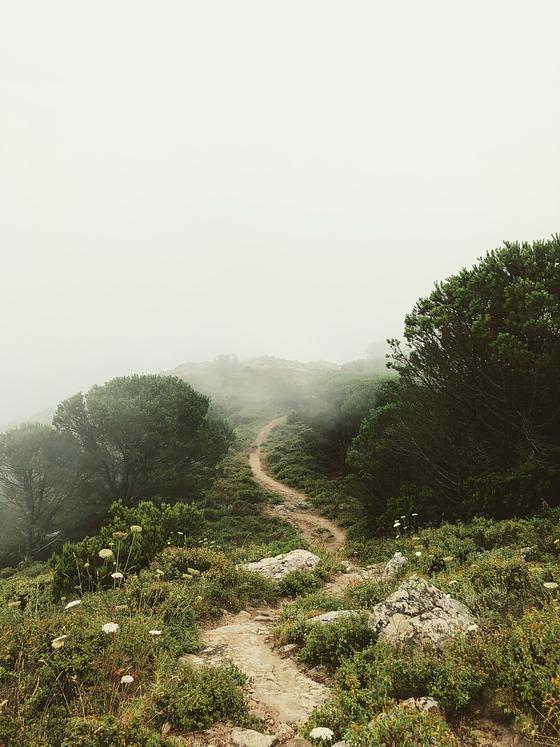
When looking back at my academic career, the pattern becomes rather embarrassingly obvious. I've always been creative, and pursuing that on the sidelines was never going to be the best fit: there are really only so many times you can search for 'mathematicians with creative jobs' without starting to re-evaluate your chosen academic path.
But changing from planning an English degree at 14 to diving head first into a Maths degree 4 years later has shown me a lot about how easy it is to give parts of yourself up, and how much our attitude towards talent and aspiration needs to change. One of the biggest issues with labeling ourselves as belonging to one of two academic camps is the idea that who we are is bound up in what we study.
Let us slide into your dms 🥰
Get notified of top trending articles like this one every week! (we won't spam you)There's more to life - and there's more to who we are.
Ideally, every person who attended university would do so to study something they felt passionate about, but it's a huge privilege to pursue a subject for the love of it, but with increasingly competitive job markets and financial pressures, some students are motivated by a need for survival, without the luxury of choosing free from obligation.
Even outside these huge pressures, those that pursue a subject that they excel in have so much to offer outside of this. No one person can be contained to the fact that they 'do Biology' - no matter what freshers' events or dating app introductions would have you believe.
This can lead to an even deeper issue when students internalize this belief that their own core identity belongs to this particular subject. It only takes a small dive into history's notorious characters to see that the concept of specializing doesn't reflect the way most people are. Stephen Fry says it best when he argues for evading confining yourself to a job description or singular calling:
We are not nouns, we are verbs. I am not a thing - an actor, a writer - I am a person who does things - I write, I act - and I never know what I'm going to do next. I think you can be imprisoned if you think of yourself as a noun.
- Stephen Fry

Some of the largest characters in our history have had an affinity for all areas of academia, motivated by learning rather than trapping themselves in the area where their genius more obviously lies and when you examine your favorite artist, author, or academic, it's more than likely they've spread themselves across a wide range of interests.
This same belief can then grow and embed itself so deeply within the concept we hold of ourselves that it starts to become a trap for a lack of self-belief. Once we get comfortable with the knowledge that we can do that one thing, we will keep doing that one thing and work in that one sector for the rest of our professional life. While it's an 'easier' way to approach learning, something important is lost in closing ourselves off to all the opportunities that life offers, especially as a student.
Take the Quiz: Which Indian city is the perfect holiday spot for you!?
Let's match you with an Indian city that you would love!
The Dangers of Boxing Ourselves In
In closing ourselves off too soon, we're denying the opportunity for change. The most incredible parts of adolescence and life as a whole are the chances to explore who you want to be and what changes you want to make in the world. It's a stressful and overwhelming time of life, but the alternative is to keep nurturing the person you were at twelve years old (something I'm sure most of us are/will be glad to move on from).

Growing and learning, especially as we gain more independence, means it's inevitable that everyone understands more about what they find value in and wants to pursue as a career. Sometimes a job won't be the top priority or something done just to pay the bills, so it's incredibly important to be able to find your identity in areas of your life that you won't get paid or praised for.
By removing the idea of being a STEM or Humanities kid, we're taking off some of this pressure to find yourself in the things you do well, and by extension, what you might earn money in or base your core ideas of identity around.
Without the pressure to live up to a standard of talent in a single area, it encourages students to think more broadly about the world and learn from others, without looking down on the more artistic/scientific sectors as being pointless/soulless like so many lunchtime debates would have it. Taking this categorization away opens people up to being more respectful of others' achievements and less consumed by their own, allowing us to acknowledge ourselves as far more than an academic category.






